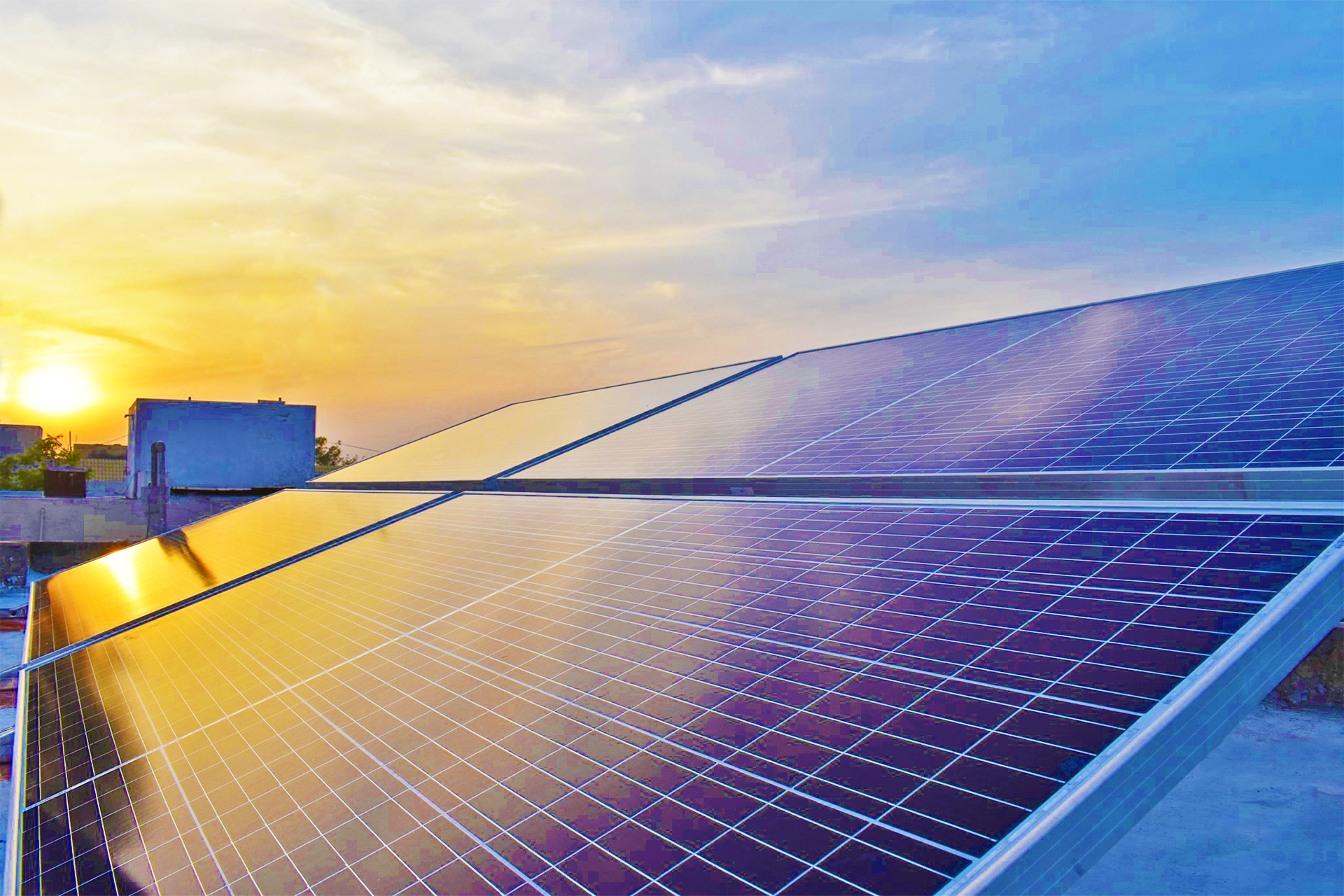Pakistan boasts abundant sunshine, making it a prime candidate for harnessing solar energy. Residential solar systems are gaining traction, offering homeowners the chance to power their lives sustainably while saving money and reducing their carbon footprint. This blog guide delves into the different types of systems available, helps you choose the right one, and estimates costs, savings, and ROI.
Types of Residential Solar Systems:
- On-Grid Solar Systems: These systems connect to the national grid, allowing you to sell excess generated electricity back to the utility company through net metering. Ideal for areas with reliable grid connectivity and moderate to high energy consumption.
- Off-Grid Solar Systems: Completely independent of the grid, these systems store excess energy in batteries for later use. Suitable for remote areas or those experiencing frequent power outages.
- Hybrid Solar Systems: Combine the features of on-grid and off-grid systems, providing backup power during outages and utilizing the grid when needed. Offer flexibility and reliability, but come at a higher cost.
Choosing the Right System:
Several factors influence your choice:
- Energy Needs: Analyze your average monthly electricity consumption to determine the system size (kW) required.
- Budget: Consider upfront installation costs, financing options, and government subsidies.
- Roof Space: Ensure your roof has adequate south-facing area for optimal sunlight exposure.
- Local Regulations: Check net metering policies and installation requirements in your area.
Wattage, Budget, and Savings:
Here’s a general overview for popular system sizes in Pakistan:
| System Size (kW) | Estimated Budget (PKR) | Estimated Monthly Savings (PKR) | ROI (Years) |
|---|---|---|---|
| 3 kW | 500,000 – 700,000 | 2,500 – 3,500 | 6-8 |
| 5 kW | 600,000 – 900,000 | 4,000 – 5,000 | 5-7 |
| 10 kW | 900,000 – 1,400,000 | 7,000 – 10,000 | 4-6 |
Remember: These are estimates. Actual costs and savings depend on various factors like equipment quality, installation complexity, and local electricity rates.
Short Comparison of System Types:
| System Type | Advantages | Disadvantages |
|---|---|---|
| On-Grid | Lower upfront cost, net metering benefits, grid backup | Reliant on grid stability, limited energy independence |
| Off-Grid | Complete energy independence, backup during outages | Higher upfront cost, limited energy availability at night |
| Hybrid | Combines benefits of both, flexible energy management | Highest upfront cost, complex system |
Conclusion:
Investing in a residential solar system is a wise decision for Pakistani homeowners, offering long-term financial and environmental benefits. Carefully assess your needs, budget, and local regulations to choose the right system type and size. With proper planning and guidance from qualified professionals, you can harness the power of the sun and shine bright towards a sustainable future.

